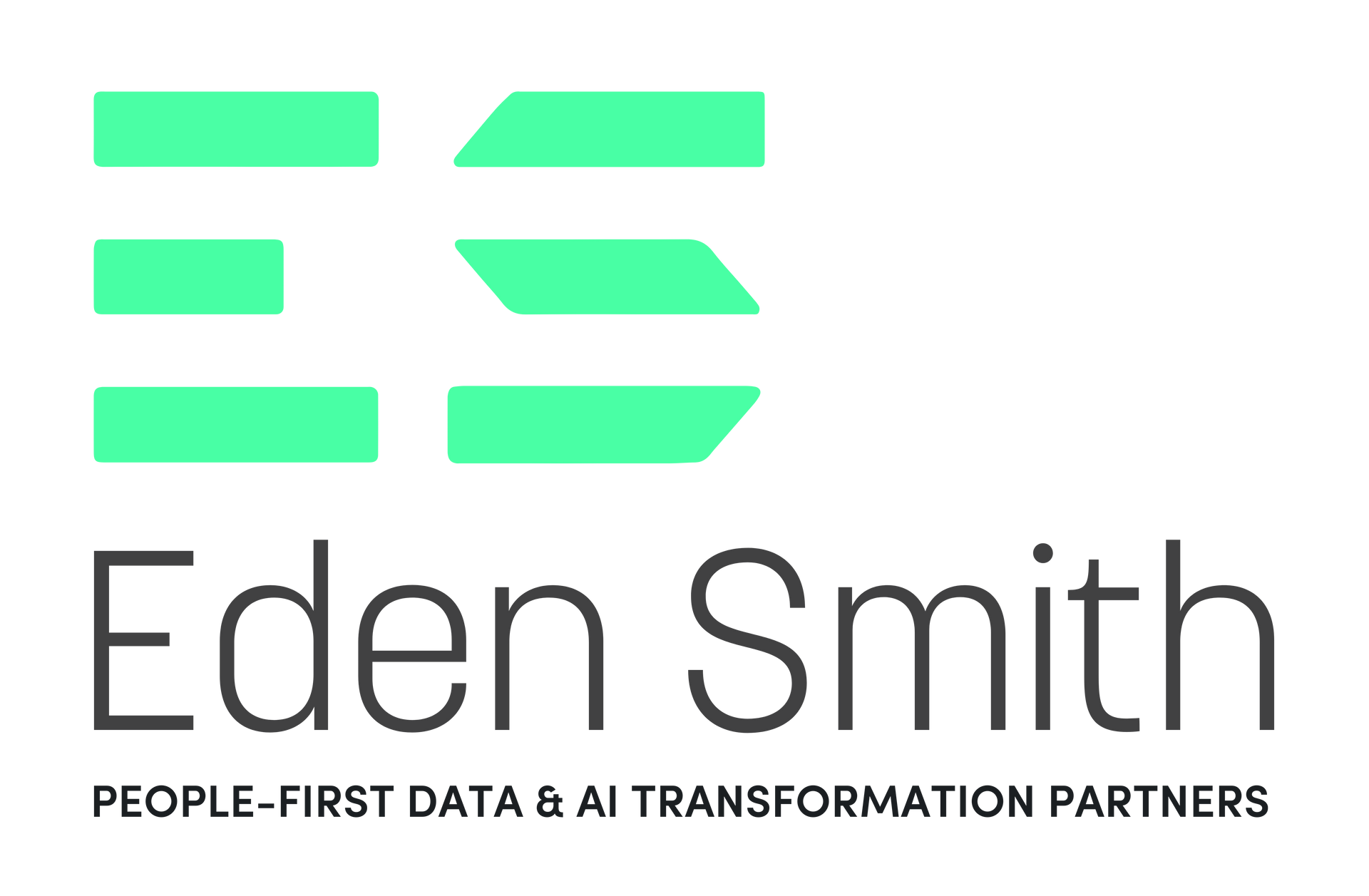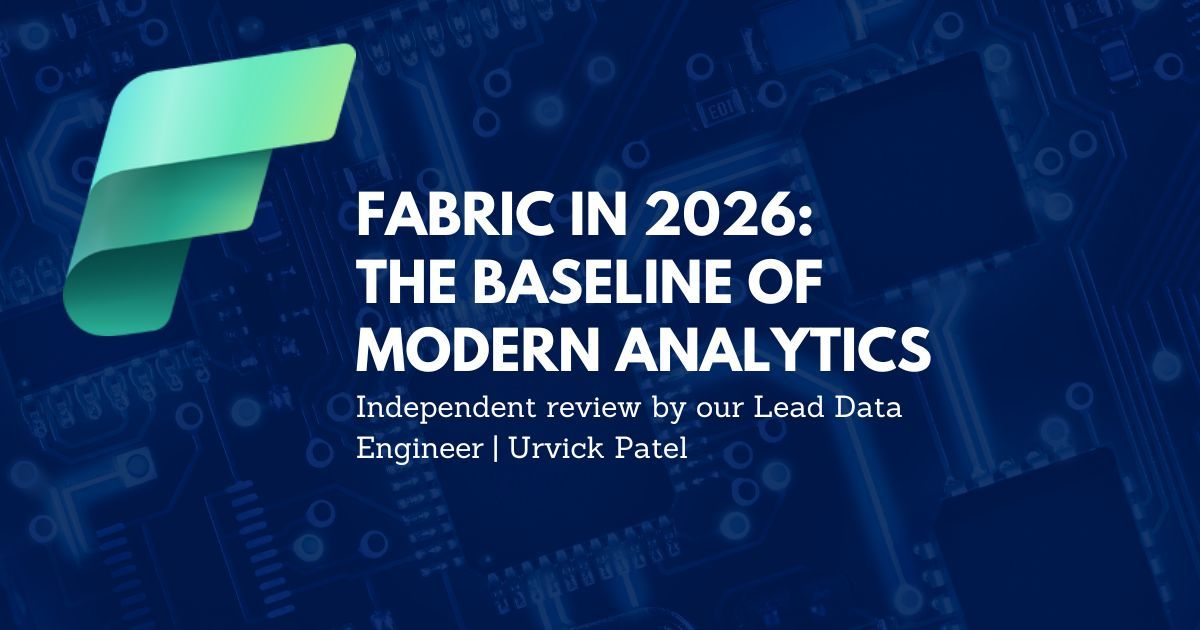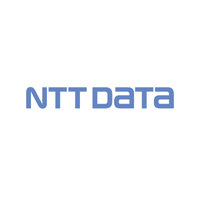Sustainable Data Practices & What New Data Professionals Should Know
As data becomes one of the world’s most valuable assets, it's also becoming one of the most energy-hungry. From powering massive server farms to training AI models, the digital footprint of data is growing rapidly and with it, the need for sustainable data practices. For new professionals entering the field, understanding the environmental and ethical implications of data is no longer optional. It’s part of being a responsible and future-facing data practitioner.
What Does “Sustainable Data” Really Mean?
Sustainability in data is about more than recycling old devices or turning off unused servers. It encompasses a broad range of practices that reduce environmental impact, improve data ethics, and ensure long-term societal value. Key areas include:
Ethical data collection: Ensuring transparency, informed consent, and fair usage of data.
Energy-efficient infrastructure: Leveraging green data centres, optimising query loads, and using energy-conscious algorithms.
Data minimisation: Only collecting and storing data that adds real value, avoiding the "hoard everything" mentality.
Lifecycle management: Building strategies for archiving, deleting, or anonymising data to reduce storage needs over time.
These principles are not only good for the planet, they’re also good for business. Sustainable data management reduces costs, builds trust with users, and supports compliance with growing global regulations like GDPR and the UK’s Environment Act.
Why Businesses and Professionals Need to Care Now
Sustainable data practices are no longer a "nice to have", they're becoming a competitive advantage. Businesses are under pressure from regulators, investors, and consumers to align with Environmental, Social, and Governance (ESG) goals. That includes how they handle their data.
According to a Capgemini report, over 60% of organisations now consider their data infrastructure when assessing environmental performance. Cloud providers are also joining the movement, Microsoft, Google, and AWS have all announced carbon-neutral or carbon-negative goals, influencing how data is stored and processed.
For early-career professionals, this means more than understanding Python or SQL. It’s about developing digital responsibility: learning how your technical decisions affect sustainability outcomes and becoming a voice for ethical and efficient practices in your team.
Whether you're a data analyst, engineer, or scientist, you'll be expected to work in ways that support a company’s climate and social impact targets. Understanding how to embed sustainability into your data workflow can set you apart as a valuable contributor to future-fit teams.
Tools and Approaches for Green Data Innovation
Luckily, there are growing numbers of tools and methods available to help professionals embed sustainability into their data work. These include:
Green algorithms: Tools like CodeCarbon track the carbon footprint of machine learning models, helping teams optimise for efficiency.
DataOps for sustainability: Building pipelines that auto-archive stale data and monitor usage can cut waste.
Cloud sustainability dashboards: Platforms like Azure and AWS provide real-time visibility into the energy consumption and carbon impact of your workloads.
Responsible AI toolkits: From IBM’s AI Fairness 360 to Google’s What-If Tool, data scientists can ensure their models are not only efficient but also equitable and explainable.
Training in sustainable data practices is also expanding. Many bootcamps and universities are introducing modules on green IT, ethical data science, and climate tech. Getting certified or skilled in these areas early can give professionals a strong edge in a job market that’s increasingly values-led.
Building a Data Career with Purpose
As industries become more digitised and more conscious of their environmental footprint, sustainable data practices are no longer niche, they’re the new standard. For aspiring data professionals, this is a rare opportunity to be at the intersection of two major transformations: digital and environmental.
The next generation of data leaders will not just be brilliant with numbers and models, they’ll also be trusted stewards of resources, advocates for ethical use, and innovators of low-impact, high-value solutions.
If you’re starting out in the data world, ask yourself: How can I build with purpose? How can I help turn today’s data growth into tomorrow’s green advantage?
The answers will shape not just your career, but the future of the digital economy.
Ready to grow your career in data while making a real impact on the future?
The Nurture Programme works with leading universities in the field of data, AI & IoT. If you want to benefit from unencumbered minds and the latest in academic research the Nurture Programme could be your salvation! Connect with Marie May to learn more.












